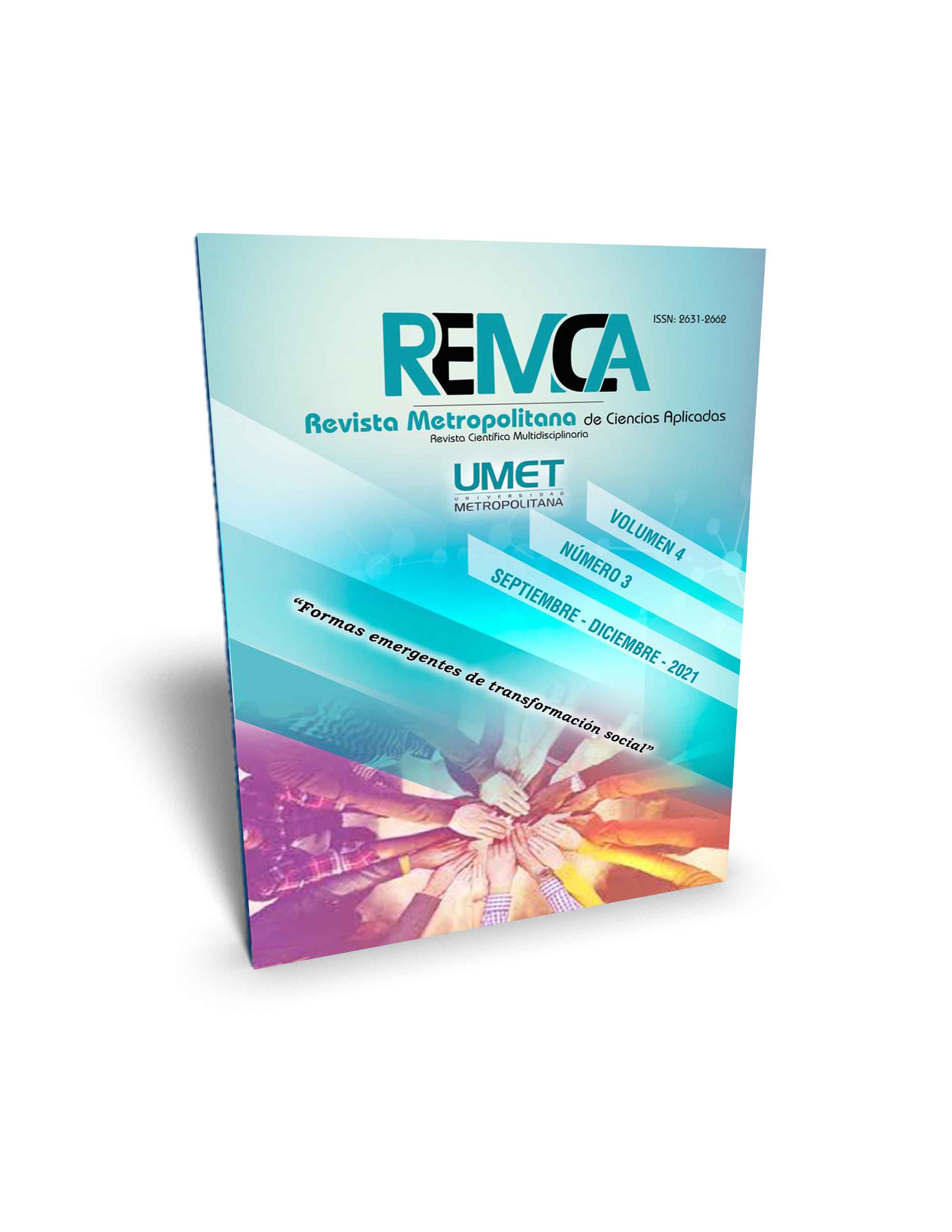Considerations on the practices of formative assessment in primary education. A case study
DOI:
https://doi.org/10.62452/8620a835Keywords:
Learning assessment practices, formative assessment, assessment culture, learning assessment in primary educationAbstract
A challenge that has been present in Basic Education, through the years until now, has been how to apply the evaluation of learning, with emphasis on the training dimension, due to the little understanding and limitations around training teacher on these topics. The importance of promoting a culture of evaluation that ensures the development of a systematic, rigorous, reflective and academic decision-making process is emphasized. The study was developed at the “David Livingstone Elementary School, whose objective was to analyze how formative assessment practices are carried out in fifth and sixth grade students; Delimited in two moments, the first considers the theoretical foundations that support the understanding of the concept of evaluation, its different functions and strategies. In the second, the design and application of instruments for the collection and interpretation of the results is based, in correspondence with the questions formulated; which favor decision-making aimed at improvement. The conclusions indicate the importance of systematizing educational practices where feedback processes are privileged, through which self-regulation of learning is promoted, as part of the culture of evaluation.
Downloads
References
Ahumada, P. (2012). Hacia una evaluación auténtica del aprendizaje. Paidós.
Casanova, M. A. (1998). La evaluación educativa, Biblioteca para la Actualización del Maestro. SEP-Muralla.
Castillo Arredondo, S., & Cabrerizo Diago, J. (2010). Evaluación educativa de aprendizajes y competencias. Pearson Educación.
Díaz Barriga, F., & Hernández Rojas, G. (2002). Estrategias docentes para un aprendizaje significativo. McGraw-Hill.
Encabo Peñaranda, J., González Hernández, A., & Sáez Carreras, J. (1996). El paradigma interpretativo simbólico. La comparación en educación y lecturas de pedagogía comparada. Librero.
Hernández Sampieri, R. (2014). Metodología de la Investigación. McGraw-Hill.
Lozano Martínez, F. G., & Tamez Vargas, L. A. (2014). Retroalimentación Formativa para Estudiantes de Educación a Distancia. RIED. Revista Iberoamericana de Educación a Distancia, 17(2), 197-221.
Martínez, M., & Carrasco, S. (2006). Propuestas para el cambio docente de la universidad. Octaedro.
México. Secretaría de Educación Pública. (2013). Las estrategias y los instrumentos de evaluación desde el enfoque formativo. México: DGDC.
México. Secretaría de Educación Pública. (2017). Modelo Educativo para la Educación Obligatoria. SEP. https://www.gob.mx/cms/uploads/attachment/file/207252/Modelo_Educativo_OK.pdf
Perrenoud, P. (2008). La evaluación de los alumnos. De la producción de la excelencia a la regulación de los aprendizajes. Colihue.
Sadler, R. (1989). Formative assessment and the design of instructional systems. Instructional Science, 18(2), 119-144.
SanMartí, N. (2008). 10 Ideas claves. Evaluar para aprender. Graó.
Santos Guerra, M. (2016). La Evaluación como Aprendizaje. Narcea.
Schunk, D. (2005). Self-Regulated Learning: The Educational Legacy of Paul R. Pintrich. Educational Psycho logist, 40(2), 85–94.
Taylor S. J., & Bodgan R. (1987). Introducción a los métodos cualitativos de investigación. Paidós.
Downloads
Published
Issue
Section
License
Copyright (c) 2021 Silvia Berenice Ortega Martínez, Maritza Librada Cáceres Mesa, Javier Moreno Tapia, María Cruz Chong Barreiro, Octaviano García Robelo (Autor/a)

This work is licensed under a Creative Commons Attribution-NonCommercial-ShareAlike 4.0 International License.
Authors who publish in Revista Metropolitana de Ciencias Aplicadas (REMCA), agree to the following terms:
1. Copyright
Authors retain unrestricted copyright to their work. Authors grant the journal the right of first publication. To this end, they assign the journal non-exclusive exploitation rights (reproduction, distribution, public communication, and transformation). Authors may enter into additional agreements for the non-exclusive distribution of the version of the work published in the journal, provided that acknowledgment of its initial publication in this journal is given.
© The authors.
2. License
The articles are published in the journal under the Creative Commons Attribution-NonCommercial-ShareAlike 4.0 International License (CC BY-NC-SA 4.0). The terms can be found at: https://creativecommons.org/licenses/by-nc-sa/4.0/deed.en
This license allows:
- Sharing: Copying and redistributing the material in any medium or format.
- Adapting: Remixing, transforming, and building upon the material.
Under the following terms:
- Attribution: You must give appropriate credit, provide a link to the license, and indicate if any changes were made. You may do this in any reasonable manner, but not in any way that suggests the licensor endorses or sponsors your use.
- NonCommercial: You may not use the material for commercial purposes.
- ShareAlike: If you remix, transform, or build upon the material, you must distribute your creation under the same license as the original work.
There are no additional restrictions. You may not apply legal terms or technological measures that legally restrict others from doing anything the license permits.




